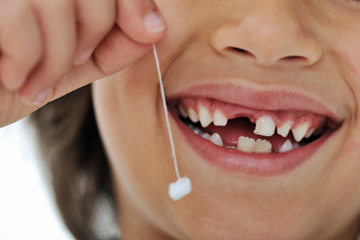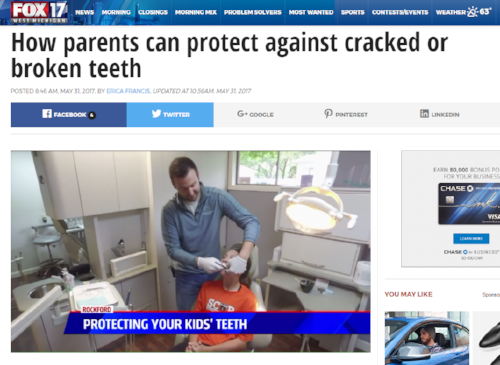It may sound simple, but Dr. Jensen says thinking about your oral health is something to consider when thinking of resolutions for the year ahead. In the words of Benjamin Franklin, “An ounce of prevention is worth a pound of cure.”
Make your teeth a priority in 2017 and follow a few of Dr. Jensen’s easy tips to avoid getting cavities:
1. Brush twice daily. You should be brushing your teeth a minimum of twice daily with a fluoride toothpaste for at least two minutes per session. It’s easy to skip a session, but try not to make it a habit.
2. Floss. You hear it from your dentist every time you visit – don’t forget to floss! Take the extra minute to floss daily, and if that’s not realistic, try for once a week to start. There are flossing tools available such as flossing picks or flavored floss which makes this habit much less of a chore. Ask Dr. Jensen about his recommendations at your next cleaning.
3. Use a fluoride mouthwash. For added protection, use a fluoride mouthwash like Act after brushing and before bed.
4. Avoid sugary sweets and soda. If you like to snack on candy, sugary sweets or drink soda throughout the day, make a point to brush after you do so. The worst thing you can do for your teeth is eat candy or drink soda and not brush or go right to sleep.
5. Chew sugar free gum. Chewing sugar free gum has long been recommended to avoid cavities. Xylitol, a natural sugar substitute in most sugar free gum, is an effective cavity fighter and can prevent decay from occurring.
6. Visit your dentist every six months. Professional cleanings protect you from tooth decay and should be scheduled every six months. Call Dr. Jensen and his team at 616-866-7720 and schedule your next appointment today!
7. Drink tap water vs. bottled water. The city of Grand Rapids was one of the first in the US to add fluoride to its water supply. Most other municipalities have since added fluoride to their tap water as well. Drinking water helps your teeth by promoting saliva production and also by rinsing away bacteria and other leftover residue from snacks and meals.
8. Talk to your dentist. Dr. Jensen loves talking with patients about their oral health, and he’ll make the time to chat with you about your own habits and help you create a personalized approach to your dental care.
Make an appointment today by calling Rogue River Family Dental at 616-866-7720.






